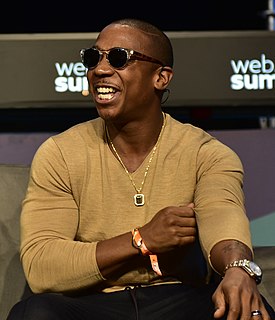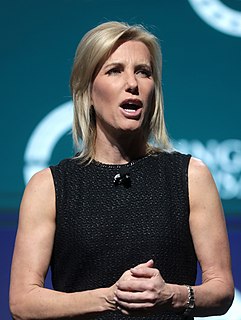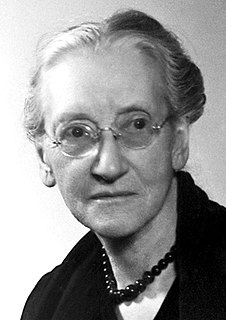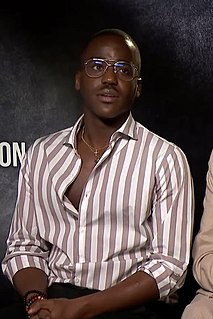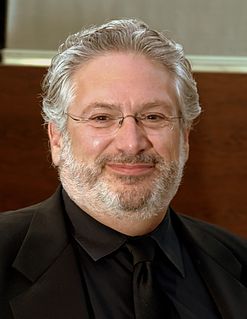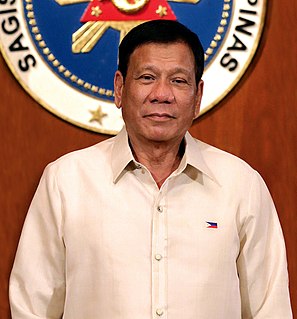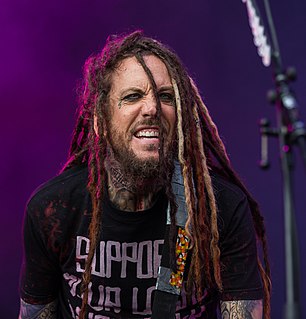Top 1000 Faith Quotes & Sayings - Page 17
Explore popular Faith quotes.
Last updated on November 21, 2024.
The word 'religion' is only a label. What lies behind that, the most important thing of all, is the word 'faith'. You either have faith, or you don't have faith, or you have degrees of faith - and if you have degrees of faith, then you become agnostic. You're kind of in-between, or you're on the fence.
America is known as a country that welcomes people to its shores. All kinds of people. The image of the Statue of Liberty with Emma Lazarus' famous poem. She lifts her lamp and welcomes people to the golden shore, where they will not experience prejudice because of the color of their skin, the religious faith that they follow.
I believe in having a more open mind and including others who don't share your faith and having dialogue with them. And just having a pure heart and being a good person can bring you closer to God. Because once you believe in one particular religion fully and not others, that requires you to start disliking people who don't share your views.
The roles of art, morality, religion, political faith, science itself are not to repair organic exhaustion nor to provide sound functioning of the organs. All this supraphysical life is built and expanded not because of the demands of the cosmic environment but because of the demands of the social environment.
I own that it is a good deal of a mystery to me how judges, of all persons in the world, should put their faith in dicta. A brief experience on the bench was enough to reveal to me all sorts of cracks and crevices and loopholes in my own opinions when picked up a few months after delivery and reread with due contrition.


